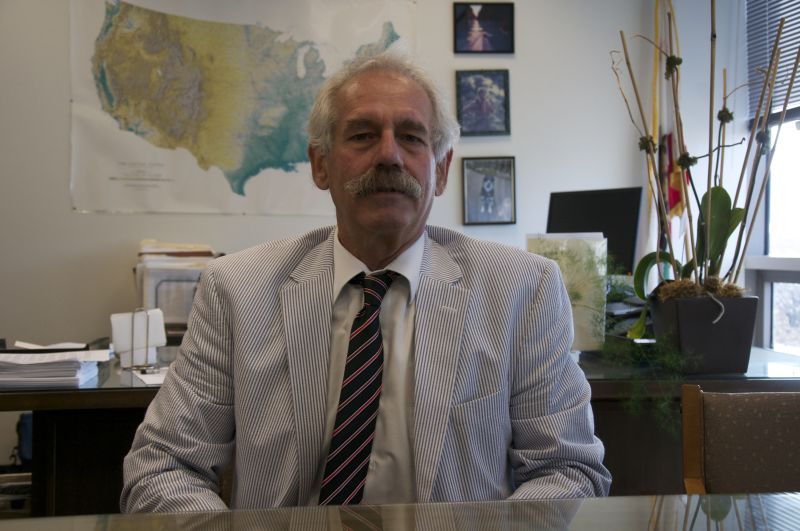California Public Utilities Commission President Michael Picker told KQED that while PG&E has made many changes since the deadly San Bruno pipeline explosion five years ago, operations are not as safe as they should be.
In April the CPUC fined PG&E $1.6 billion in connection with the September 2010 blast. But Picker says that a number of incidents since San Bruno make him feel that the company is not safe enough.
"I was looking at a lot of other problems, including the sabotage at a number of their substations, the explosions and gas leaks in their low-volume distribution grid, the Kern County explosion at an oil tank … all these things told us that they just weren’t as safe as they needed to be," Picker said. "We have fined them about as much as we can fine them. So what else do we need to do?"
If the plan is approved, the commission would require PG&E to pay up to $2 million to hire an outside consultant to conduct a probe.
Picker said he perceives "unevenness" when it comes to PG&E's attempts to implement a culture of safety at the highest levels of the company.
“We have seen some progress at PG&E, but we also see a lot of unevenness. So one of the things that we don’t look at when we go through and do enforcement ... is whether there is real accountability at the top. And that was some of the things that I mentioned when we did the San Bruno penalty … when it comes to how we do investigations, whether we looked at the top level of decision-making. Are they really monitoring this? Do they actually have a clear sense of who’s doing that?
In a formal statement, PG&E indicated that it would welcome the dialogue. And on a recent tour of a PG&E job site, spokesman Donald Cutler defended PG&E's progress since San Bruno.
“The cultural shift that took place at PG&E has been drastic," Cutler said. "We have gone from a place where safety was important to a place where safety is paramount. It is the most important thing that we do whenever we’re on a job site, whenever we’re making decisions about work. … In the past, there were other things that came first. But today it’s about safety."
In the coming months, the utility may have to prove it.
Picker told KQED that if the investigation finds management lacking, one possible option could be to break up the utility.
"We ultimately can condition, or even revoke, the franchise that we give them to operate here in the state of California," Picker explained, "if we find that they are continuing to fail."

